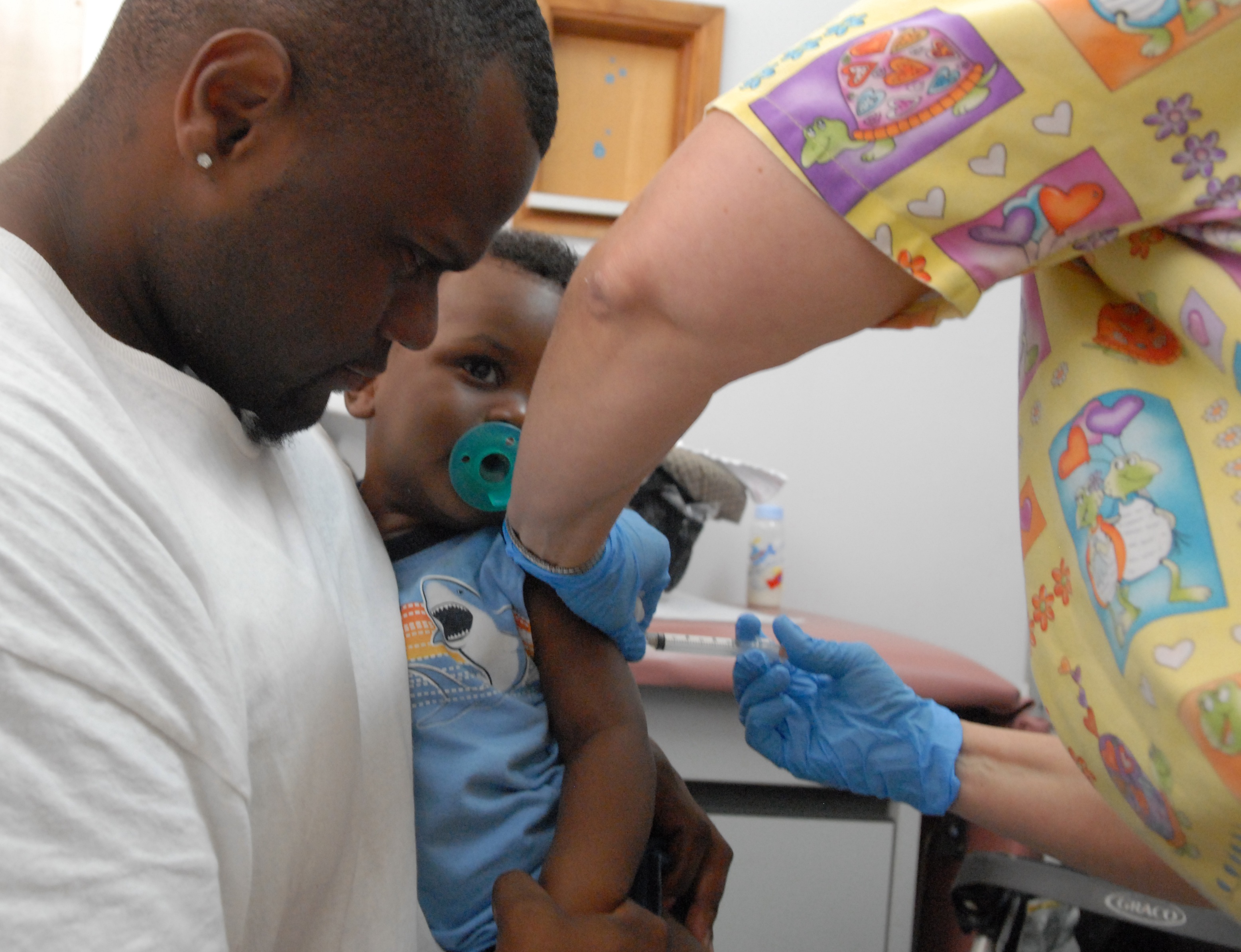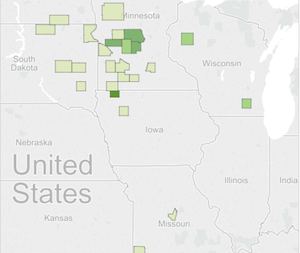To vaccinate kids, or not to vaccinate kids?
There was no debate for Francina Akridge, who brought her son Joey to the Chattanooga-Hamilton County Health Department on Monday for a round of immunizations.
"I just want to keep him healthy from all kinds of illnesses that could go around," she said. Joey is her fifth child, Ms. Akridge said, and she's been adamant about vaccinating all of them.
Still, a growing number of parents are refusing to have their children vaccinated for diseases such as mumps, measles and polio, saying the shots' risks outweigh their benefits - prompting a firestorm of debate among researchers, health-care providers and parents.
The local anti-vaccine trend has grown to such scale that many pediatricians in the Chattanooga area have created policies stating they will not take new patients whose parents refuse vaccination.
"Of course it's ultimately the parent's choice," said Dr. Elaine Hatch, a pediatrician with Signal Mountain Pediatrics. "But our concern is that if you have enough people in the community who are not vaccinated, we're going to see a resurgence of illnesses we haven't seen in a long time." She cited Haemophilus influenzae and whooping cough as two illnesses making a comeback.
But many parents say they feel the vaccines pose a threat themselves.
"The efficacy and safety of vaccines are certainly in question for me," said Rachel Fee-Prince, a mother and an herbalist from Bradley County. "The immune system is delicate, not mature until at least two years of age, and manipulating it experimentally has dangerous lifelong consequences."
She has not vaccinated her children, she said, and seeks to educate expectant mothers against them. She said she has consulted an increasing number of parents to stop depending on vaccines and focus instead on holistic healthy living practices.
All vaccines carry a risk, acknowledges Hatch, as it means introducing a foreign protein to the body. But she insists that the chances for problems are "very slim."
"The risks are much greater for children if they don't get [shots] than if they do," Hatch said.
Working in the overseas immunizations clinic at the Chattanooga-Hamilton County Health Department, Rená Grayson said she is always aware of diseases such as polio and measles afflicting across other countries.
"It's always something. People tend to forget that vaccines are the reason why we're not seeing those diseases," said Grayson, adult immunization clinic manager for the health department.
Though debate over the safety of vaccines has existed since their beginning, it flared up a decade ago after British doctor Andrew Wakefield published research linking the childhood MMR vaccine - used against rubella, measles and mumps - with autism.
The 1998 study has since been renounced by 10 of its 13 authors and declared false by the journal it was originally published in, according to The New York Times.
In January, an investigation by a British journalist further discredited the report, but immunization rates for measles, mumps and rubella have never fully recovered, according to a January report by The New York Times.
Hatch says the study being debunked hasn't done much to sway the growing number of skeptics and that the Internet fuels speculation.
"The horror stories tend to get posted online, while the 500 million people who had perfectly safe vaccination stories don't get on the Internet and write a story about it," Hatch said.
Hatch said at the end of the day, the decision is often affected by personal experience.
"Some have had an autistic child in the family, and they don't know why and they don't want to take another chance. My dad had polio. He would have killed me had I not vaccinated my kids from polio, because he remembers the scares, he remembers how sick he was," she said.
Fee-Prince believes polio and meningitis are two of the only diseases vaccines combat that are seriously debilitating.
"Vaccinating against measles, mumps and chicken pox in the modern age is ridiculous," she said. "I teach and help people treat these illnesses at home without pharmaceutical intervention even, with no sided effects at all."
Fee-Prince offers concerned parents a litany of immune-boosting alternatives to vaccine: good, organic diet; chemical-free lifestyle; and an aversion to casual use of pharmaceuticals.
Akridge said she doesn't trust herbs and healthy living are enough to protect her children.
"Home remedies may be good for a cold or something. But when it comes to chicken pox and measles and things that can be passed around like that, I think kids need shots," said Akridge.


